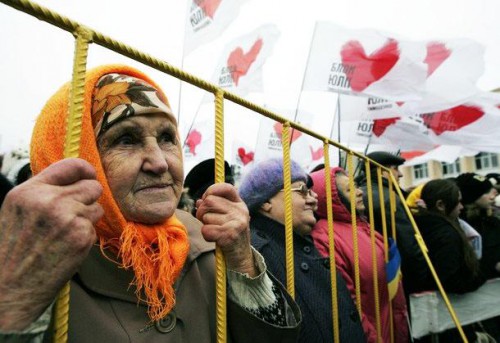par Guillaume Faye
Les critiques contre le régime de Vladimir Poutine sont connues : sous son règne, la Russie ne serait pas démocratique et deviendrait menaçante. Poutine serait une sorte de Néron, un nouvel Ivan le Terrible. Il pratiquerait le culte de la personnalité, il tiendrait l’immense pays grâce à ses réseaux, à la fois financiers, industriels et policiers (la théorie de la ”verticale du pouvoir ” et le réseau des siloviki), il serait corrompu et son pouvoir fort opprimerait les braves opposants démocrates, jetés en prison par une justice aux ordres ; la démocratie russe serait truquée, comme les élections, les homosexuels persécutés, les médias muselés et aux ordres, l’Ukraine en proie à un horrible chantage impérialiste et le tyran de Damas cajolé ; les Jeux olympiques d’hiver de Sotchi seraient un hymne indécent à la gloire du héros des Putin’s Girls. Etc. Etc . N’en jetez plus.
Bref, Poutine est devenu le diable pour tous les milieux dirigeants et médiatiques occidentaux et le syndrome anti poutinien est partagé par la classe journalistique et tous les perroquets de l’idéologie dominante. Pour qui, comme moi, est coutumier de faire des conférences en Russie et d’y publier, ces accusations ont un côté surréaliste. J’ai beaucoup plus de liberté d’expression en Russie qu’en Europe occidentale et notamment en France. La censure, sournoise ou brutale, du ”politiquement correct” n’y existe pas. Et le ”poutinement incorrect” peut s’y exprimer.
Les bien-pensants, héritiers à 80 % d’une idéologie de gauche, devraient regarder la poutre qui est dans leurs yeux plutôt que la paille qui est dans celui du voisin. Ces descendant du gauchisme, aujourd’hui au pouvoir au sein de l’État PS allié aux Verts et – souvent – au PC, sont les descendants d’une famille politique qui a soutenu les pires dictatures totalitaires criminelles, du communisme soviétique au régime maoïste, en passant par les Khmers rouges et l’Albanie communiste. Et aujourd’hui ils vouent aux gémonies le régime « antidémocratique » de la Russie de Poutine. Ce sont de piètres donneurs de leçons.
La France sous l’État PS est-elle ”démocratique”, alors que le parti pseudo-écologiste EELV (faux nez du gauchisme trotskiste), qui représente 2,31 % des voix, impose, en lobby minoritaire, des lois sociétales et des mesures énergétiques absurdes et rejetées par la majorité de l’opinion ? La France de l’État PS est-elle démocratique quant elle instaure une politique judiciaire laxiste, source d’explosion de la criminalité, quand elle ouvre toutes les vannes à l’immigration incontrôlée, quand elle naturalise et régularise à tout va, quand elle élabore des batteries de dispositions destructrices de l’identité nationale, quand elle entérine le règne de corporations syndicales minoritaires et grassement subventionnées, quand elle obéit aux lobbies communautaristes ? De l’Éducation nationale à la politique pénale, en passant par la politique familiale, fiscale ou migratoire, ce pays est-il démocratique quand les orientations suivies sont contraires aux souhaits de 60% de la population, du pays réel ? Il faut dire que la droite au pouvoir avant l’État PS avait, de manière plus atténuée, pratiqué exactement la même stratégie anti-populaire.
Et quand on parle du muselage, de la censure et du contrôle des médias par le régime de Poutine (affirmation très largement exagérée), on oublie de préciser qu’en France, les chaines de TV, les radios, la grande presse, les grands sites Internet sont à 90% aux mains de l’idéologie et des réseaux de l’oligocratie et de sa pensée unique. Le soft-totalitarisme, c’est chez nous qu’il sévit.
C’est cela, la démocratie française, dispensatrice de morale à la Russie de Poutine ? Poutine à trois fois plus d’opinions favorables dans son peuple que M. Hollande dans le sien. Nous sommes victimes en Occident d’une désinformation globale sur la Russie de Poutine. Alors, il faut cesser de taper sur celui dont la politique est approuvée par une très large majorité de l’opinion russe : c’est-à-dire l’opinion populaire, pas celle des élites occidentalisées ou d’une certaine bourgeoisie de Moscou et Saint-Pétersbourg. Mais la gauche bien-pensante ne supporte pas l’opinion de la majorité du peuple – surtout du petit peuple qu’elle méprise comme inculte – et elle nomme « populisme » toute politique qui en tient compte, en l’assimilant au fascisme.
En réalité, les véritables raisons de la haine envers Poutine de la part de l’idéologie dominante (à distinguer de l’opinion populaire majoritaire) ne proviennent absolument pas de ce que son régime serait ”antidémocratique” (car la gauche s’est toujours moqué de la démocratie) mais de ses orientations qui choquent l’oligocratie et l’intelligentsia médiatique. Les deux éléments principaux du Poutine bashing sont :
1) Poutine a décidé de refaire de la Russie une grande puissance et de lui redonner une force et un prestige international. Cela heurte les sentiments d’une certaine russophobie occidentale. La gauche française bien-pensante s’allie en cela avec Washington. Collusion. On relance le mythe de l’ ”impérialisme russe”. On déteste une Russie puissante et animée par le patriotisme dans les milieux de l’Union européenne (on pourrait parler de l’Union anti européenne) qui sont soumis, hélas, à la géostratégie américaine. S’ajoute à cela le soutien de la Russie au pouvoir syrien, un sujet qui mériterait un autre article.
2) Poutine développe en Russie les notions de patriotisme, de regain de la natalité autochtone, de respect des valeurs traditionnelles du peuple russe, d’enracinement, d’arrêt de l’immigration incontrôlée, de coopération avec l’Église orthodoxe. Tout cela est profondément choquant pour l’oligocratie occidentale, parce que cela heurte de front son idéologie, ses passions et ses lubies. Poutine commet un péché capital en se démarquant du dogme du cosmopolitisme ; et en osant dire qu’il veut lutter contre la décadence des mœurs et affirmer l’identité russe ancestrale, il s’expose en affreux tyran. Poutine ne serait-il pas complice des idées fascistes de la Manif pour tous ?
À ce propos, la loi votée par la Douma contre la propagande envers les pratiques homosexuelles, et contre l’adoption d’enfants russes par des couples homos étrangers, comme l’hostilité du pouvoir russe envers la Gay Pride et le mariage homo ont été interprétées par les idéologues occidentaux comme des monstruosités. Alors qu’il s’agit de simple bon sens et de positions suivies par 80% des pays du monde. L’arrestation et l’incarcération des Pussy Riots profanatrices de la cathédrale du Saint-Sauveur (et depuis libérées, ce qui révèle une faiblesse du pouvoir) ont aussi été présentées comme des pratiques scandaleuses, dignes de l’ancien goulag. On nage en plein délire.
Donc, la diabolisation de Poutine repose sur ces deux éléments et non pas sur le fait qu’il serait à la tête d’un régime oppresseur des libertés. Cette hypocrisie antirusse des sphères dirigeantes occidentales est démontrée par l’extrême tolérance envers les régimes des monarchies du Golfe et envers le pouvoir chinois qui sont, eux, de véritables dictatures. Il y a dans le monde, en Asie, en Afrique, en Amérique latine, de multiples régimes autrement plus ”antidémocratiques” que la Russie. Silence. On préfère concentrer le tir sur Poutine. Parce que Poutine a des idées qui dérangent, des valeurs qui choquent les bien-pensants. Parler de Poutine comme d’un tyran est très snob dans les salons bobos parisiens, où l’image compte plus que la réalité.
En réalité, qu’est donc le régime actuel russe ? Certes, c’est un pouvoir fort. Mais il est impossible de faire autrement dans l’immense Fédération de Russie. C’est son histoire millénaire. Un système entamé par la corruption ? Certes, mais pas plus qu’ailleurs et souvent moins qu’ailleurs dans le monde. Un pays privé de libertés ? Comparez avec l’Union soviétique et vous aurez la réponse. Depuis que Poutine est au pouvoir, depuis l’an 2000, la Russie s’est redressée économiquement et reprend sa place comme grande puissance ; la pauvreté a reculé et le PIB par habitant nettement progressé. Bien sûr, d’énormes problèmes demeurent que je n’ai pas le temps ici d’énumérer. Tout n’est pas rose. Mais où les choses sont-elles roses ? On voudrait que la Russie devienne une Suisse géante ?
L’intérêt de l’Europe, comme je l’ai toujours dit, c’est l’axe d’alliance avec la Russie, qui partage avec nous la même civilisation dans les profondeurs, le même socle ethno-culturel, le même ensemble historique. Ce qui gêne au fond, profondément, les anti-poutiniens, de manière maladive, c’est que Poutine défend, de manière assez tranquille, des idées d’identité et de puissance, de tradition et d’innovation, qu’il se méfie de l’islamisme (et de l’islam) comme de la peste, qu’il est très défavorable à l’immigration, qu’il est nataliste et familialiste et qu’il considère nombre de valeurs ”sociétales” de l’Occident comme des anti-valeurs nihilistes. Nauséabond et inadmissible pour les prêtres de la pensée dominante.
L’ex-KGB Poutine, rebaptisé homme de droite voire d’extrême-droite, perturbe le logiciel plein de bugs de l’intelligentsia gauchiste au pouvoir. Poutine se met aussi en valeur comme un athlète, un chéri des filles (grand bien lui fasse), ce qui suscite la jalousie de dirigeants occidentaux qui détestent toute allusion à la virilité. Poutine joue habilement de son image virile, en direction des Russes. Ce qui, évidemment, suscite la colère des idéologues occidentaux pour lesquels la ”virilité blanche” est le péché suprême.
Vive Poutine, donc, et vive la Russie.



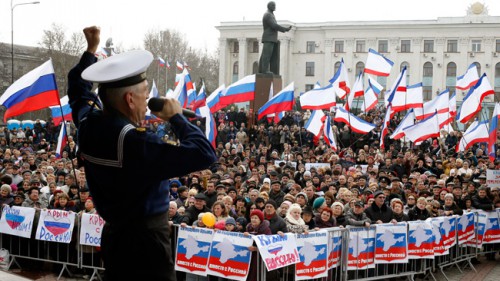

 del.icio.us
del.icio.us
 Digg
Digg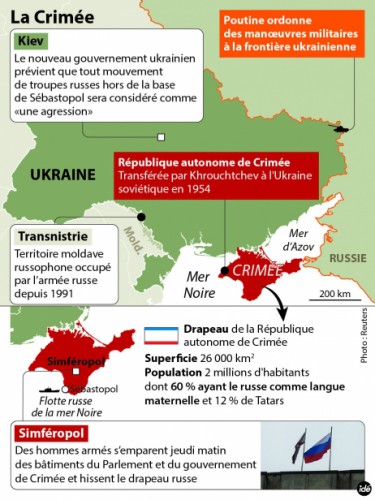
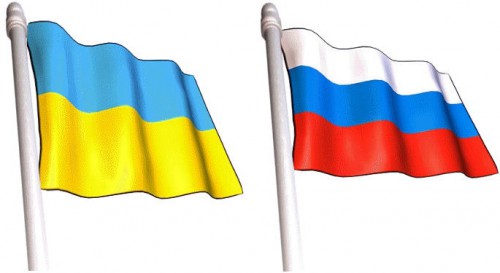
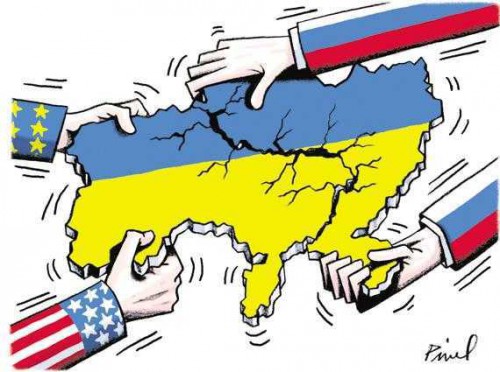
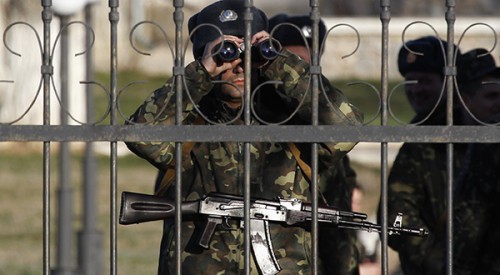
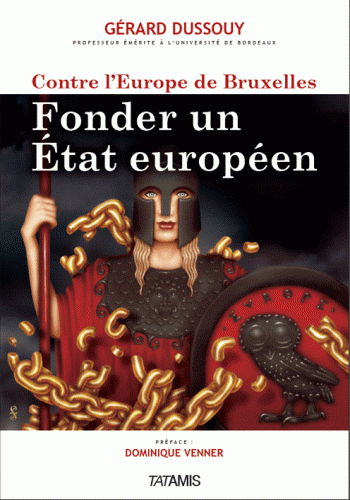
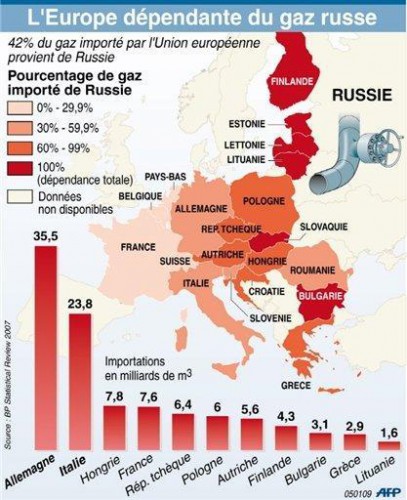
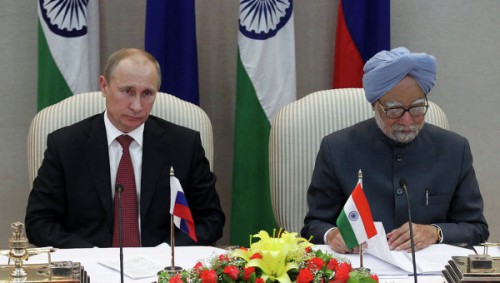
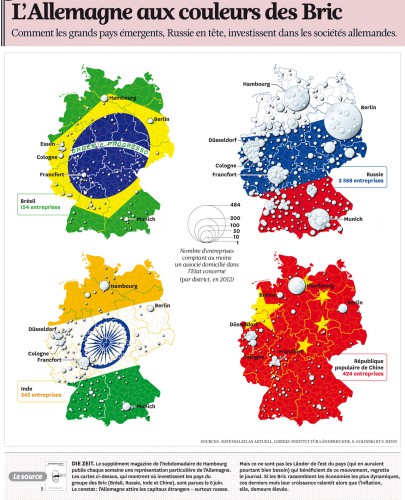
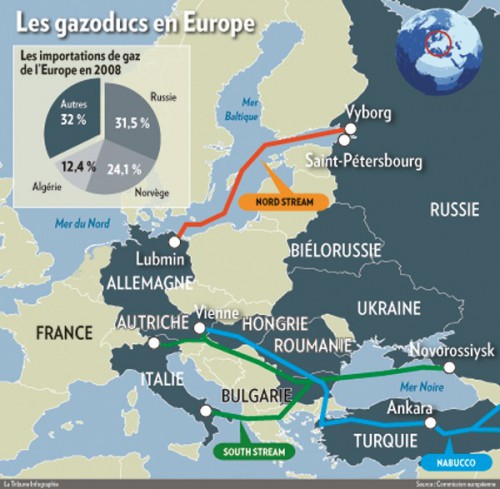
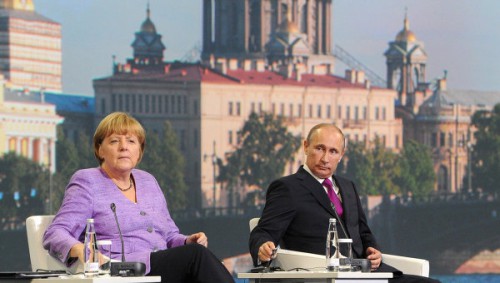
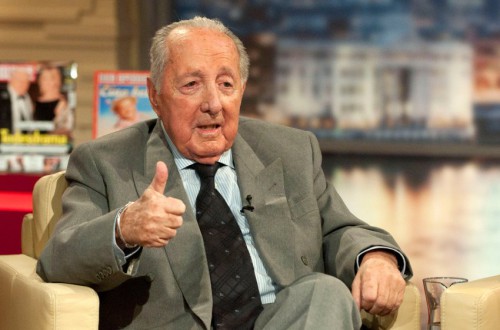
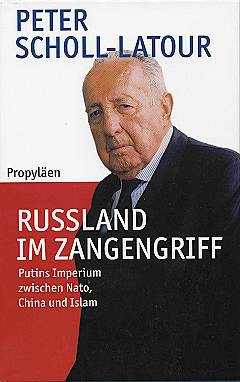 PSL: Les Américains commencent, petit à petit, à reconnaître le danger que représente l’islamisme, sujet principal de la politique américaine, en dépit de la montée en puissance de la Chine. Ils savent aussi que l’islamisme est bien présent en Russie aussi. Les observateurs internationaux sont conscients de cette menace parce que les peuples musulmans du Caucase ont constitué récemment des facteurs de turbulences voire des facteurs nettement belligènes. Je ne pense pas tant à la Tchétchénie aujourd’hui mais plutôt au Daghestan. Les Russes se sentent très menacés par le fondamentalisme islamique, facteur qui n’existait pas auparavant. Lorsque je visitais l’Asie centrale en 1958, le fondamentalisme n’était pas un sujet de discussion mais, entretemps, les choses ont changé par l’attitude prise par les dirigeants locaux, tous jadis hauts fonctionnaires du PCUS comme Nazarbaïev au Kazakstan. En un tourne-main, tous ces dirigeants communistes se sont mués en despotes orientaux mais ils doivent agir sous la pression de forces radicales islamistes, surtout en Ouzbékistan.
PSL: Les Américains commencent, petit à petit, à reconnaître le danger que représente l’islamisme, sujet principal de la politique américaine, en dépit de la montée en puissance de la Chine. Ils savent aussi que l’islamisme est bien présent en Russie aussi. Les observateurs internationaux sont conscients de cette menace parce que les peuples musulmans du Caucase ont constitué récemment des facteurs de turbulences voire des facteurs nettement belligènes. Je ne pense pas tant à la Tchétchénie aujourd’hui mais plutôt au Daghestan. Les Russes se sentent très menacés par le fondamentalisme islamique, facteur qui n’existait pas auparavant. Lorsque je visitais l’Asie centrale en 1958, le fondamentalisme n’était pas un sujet de discussion mais, entretemps, les choses ont changé par l’attitude prise par les dirigeants locaux, tous jadis hauts fonctionnaires du PCUS comme Nazarbaïev au Kazakstan. En un tourne-main, tous ces dirigeants communistes se sont mués en despotes orientaux mais ils doivent agir sous la pression de forces radicales islamistes, surtout en Ouzbékistan. 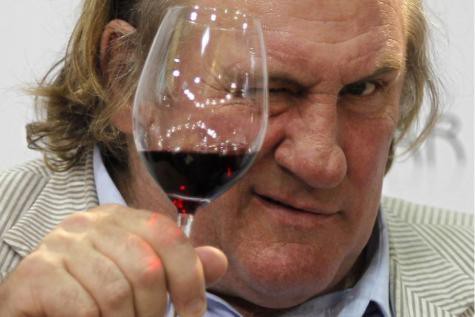
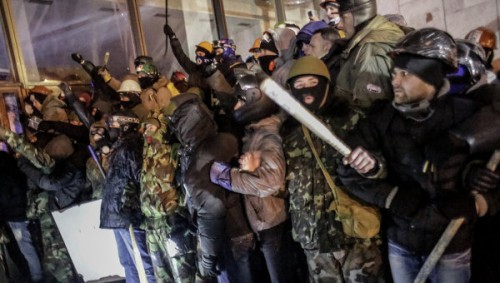
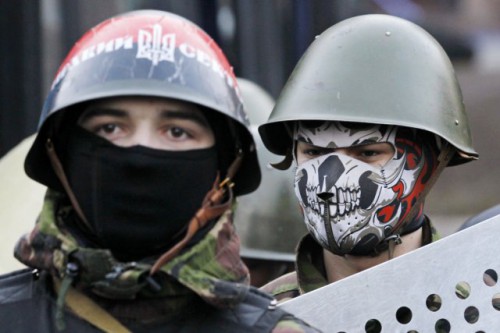
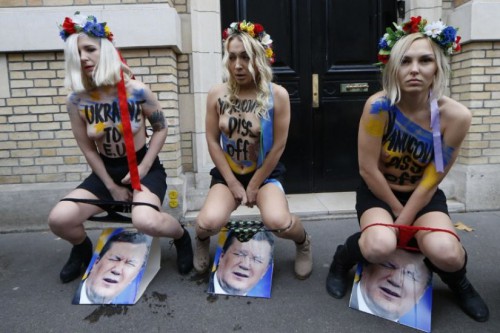
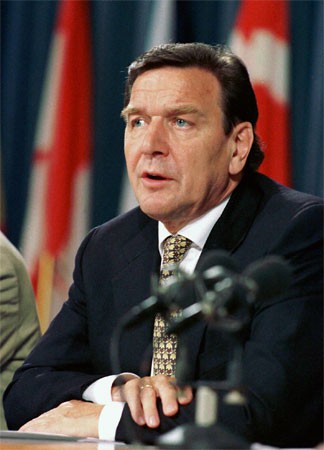
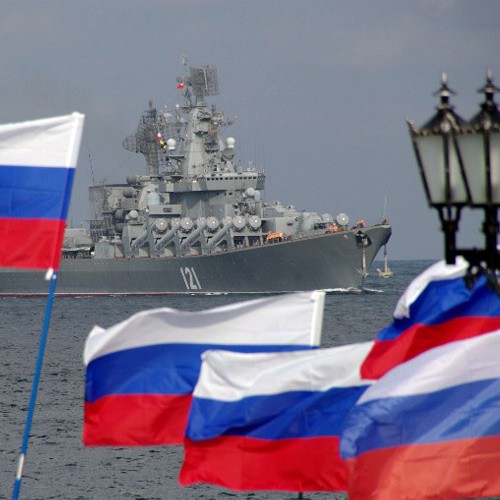
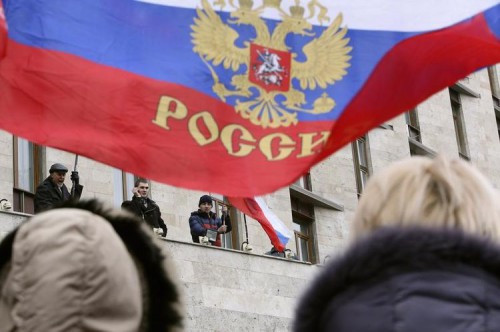
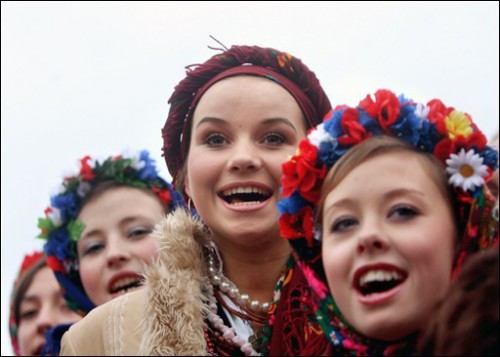
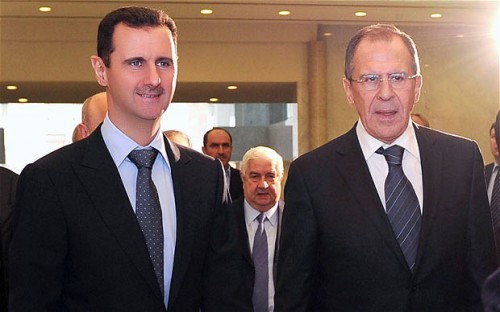
![Moore[Main].jpg](http://euro-synergies.hautetfort.com/media/00/02/2623624553.jpg)
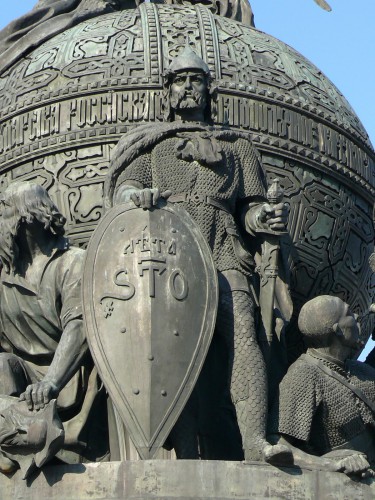
 La Russie de Gorki, Pouchkine, Dostoïevski, Tolstoï, la Russie de Chostakovitch qui écrivit en plein blocus de Stalingrad, sa fameuse symphonie en hommage aux centaines de milliers de résistants qui ont eu finalement raison de l'armée allemande du maréchal Von Paulus. Nous eûmes droit au «Lac des cygnes» de Tchaikovsky. Nous eûmes droit à la conquête de l'espace, autant de réalisations de l'âme russe quel que soit le régime. La presse française rivalise de méchanceté et de jalousie et d'impartialité pour diminuer de la beauté et de la perfection de ces jeux. Comme d'habitude, les journalistes français sans doute frustrés que la France ait été éliminée des jeux lors de la désignation il y a sept ans, font tout pour dévaloriser ces jeux tout en espérant des médailles.
La Russie de Gorki, Pouchkine, Dostoïevski, Tolstoï, la Russie de Chostakovitch qui écrivit en plein blocus de Stalingrad, sa fameuse symphonie en hommage aux centaines de milliers de résistants qui ont eu finalement raison de l'armée allemande du maréchal Von Paulus. Nous eûmes droit au «Lac des cygnes» de Tchaikovsky. Nous eûmes droit à la conquête de l'espace, autant de réalisations de l'âme russe quel que soit le régime. La presse française rivalise de méchanceté et de jalousie et d'impartialité pour diminuer de la beauté et de la perfection de ces jeux. Comme d'habitude, les journalistes français sans doute frustrés que la France ait été éliminée des jeux lors de la désignation il y a sept ans, font tout pour dévaloriser ces jeux tout en espérant des médailles. 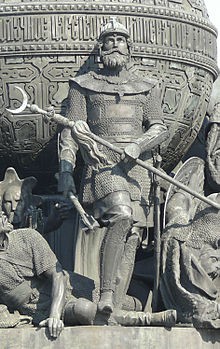 Karl Muller nous explique aussi pourquoi l'Occident s'en prend à la Russie coupable de «ne pas rentrer dans le rang après la chute de l'empire soviétique».
Karl Muller nous explique aussi pourquoi l'Occident s'en prend à la Russie coupable de «ne pas rentrer dans le rang après la chute de l'empire soviétique». 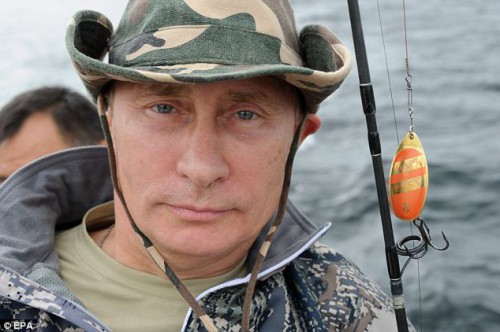
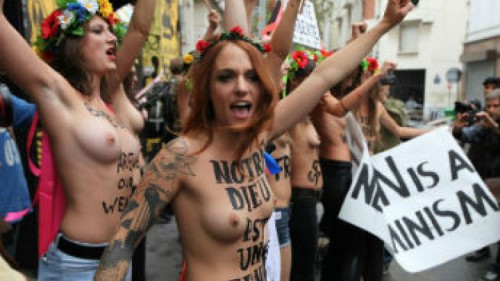

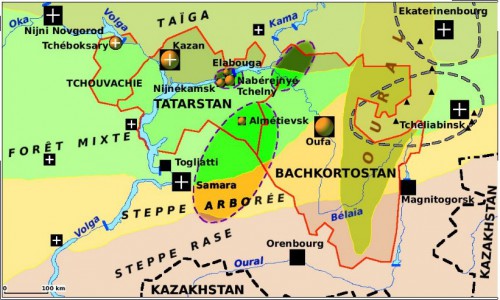
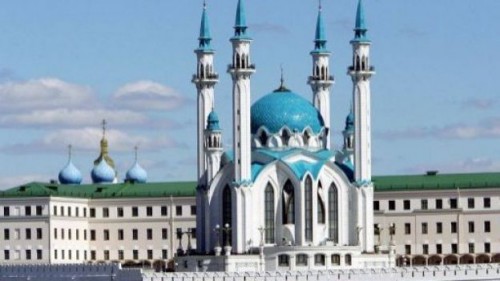 Le recensement de 2002
Le recensement de 2002 